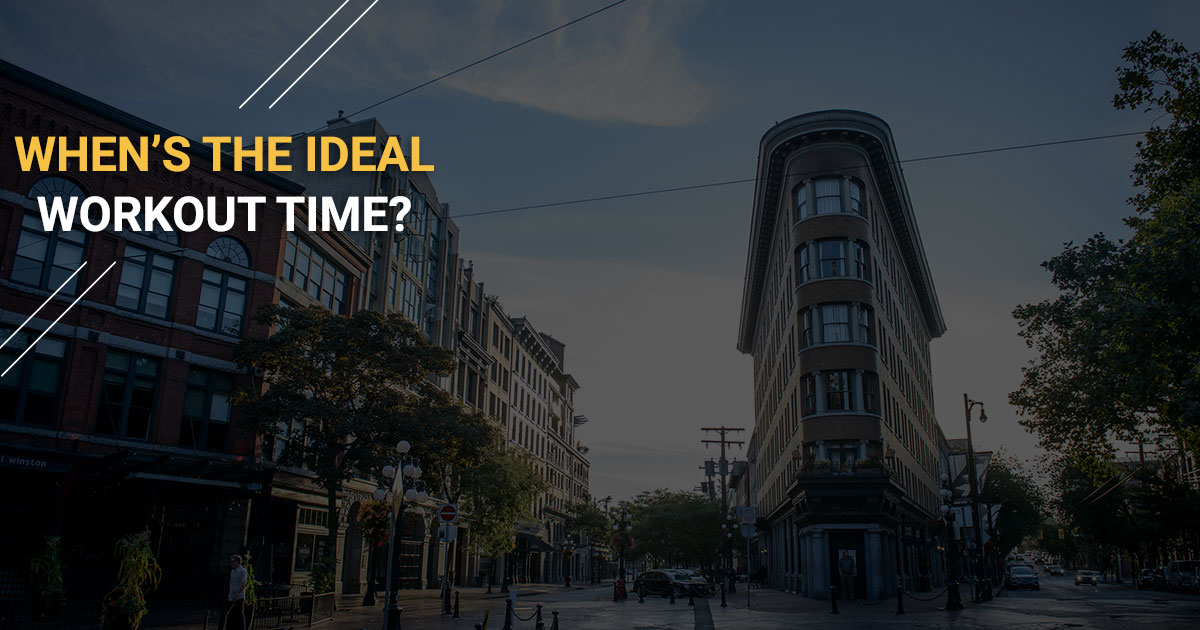
It’s hard to say when the ideal workout time is. It’s a personal preference, but any option has it’s advantages. Some people can’t fathom rolling out of bed, into their running shoes and heading out the door before they’re truly awake. Others can’t imagine running in the heat of the afternoon, or in the darkness of night. What works for one person, doesn’t always work for someone else. It comes down to running when it works best for you, your schedule, and your mind. Here are the advantages and disadvantages of each time of day:
Morning runner:
Getting out of bed and going out for a run straight away is great for several reasons. If you have a high-stress job that doesn’t have a clock-out time, running first thing in the morning will help you avoid missing workouts after work. It can help boost your focus for the day, and kick-start your metabolism. Furthermore, it can lead to making healthier decisions throughout the day as you’ll have started your day on a high note. In terms of the run itself, there are usually less people out and about early in the day, so you won’t have to battle crowds on popular running routes in your city.
The downsides to running in the morning are due to our body’s physical state. Body temperatures when you wake up are lower than later in the day. As a result our muscles, tendons and ligaments are colder and need some extra time to warm up. If an adequate warmup isn’t done, it increases the risk of injury. Additionally, lung function is poor due to the lungs being more constricted and inefficient bringing oxygen in after a night’s sleep your. The inefficient oxygen intake makes hard efforts can seem more difficult early in the morning.
Afternoon/evening runner:
Working out later in the day allows the body to get moving and have the blood flowing through your muscles, ligaments and tendons. The body is a fine-tuned machine, that varies the amount of circulating hormones depending on the time of day. In the afternoon/evening, testosterone levels are higher. Thus, the afternoon is a great time for any strength or power workouts. In addition, cortisol (a stress hormone which aids in the storage of fat and reduction in muscle tissue) levels decrease throughout the day. Lower cortisol levels help to gain muscle mass. Post-work times are typically safer to be out in too. More people are doing post-work errands, or their own workouts, so areas are more populated and safer to run through.
Despite all the great things the afternoon has to offer, there are downfalls. Leaving workouts to later in the day are seen to be easier to miss. After a long day of work, when energy is low, it’s easy to lose motivation and opt out of a workout. Especially in jobs that don’t have a set end time. If you get caught up in a project, work later, and end up fuelling improperly, it’s not surprising if a workout gets missed. There are no real physical downfalls, only psychological. So if your will power is high and you prefer the evening routine, you’re good to go!
Whatever time you decide on, it’ll be the best time for you and your schedule. There are pros and cons to any situation, just do whatever gets you into your shoes and outside!







